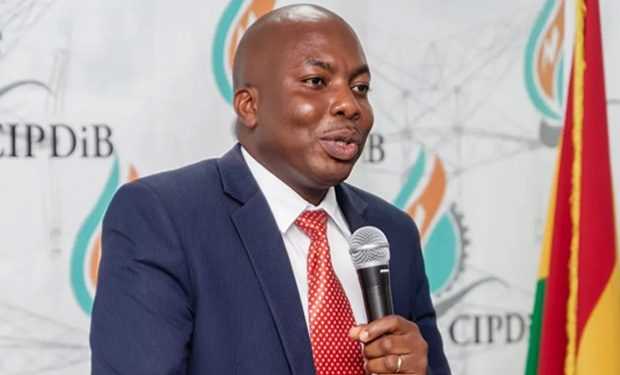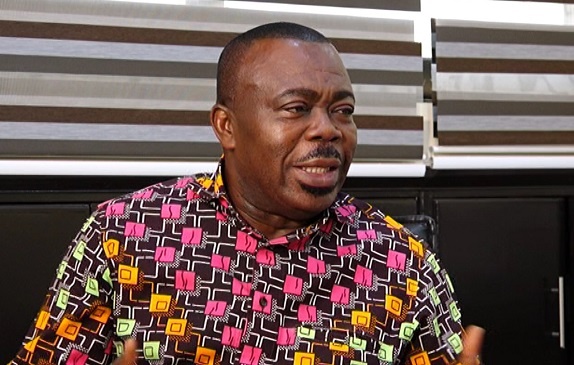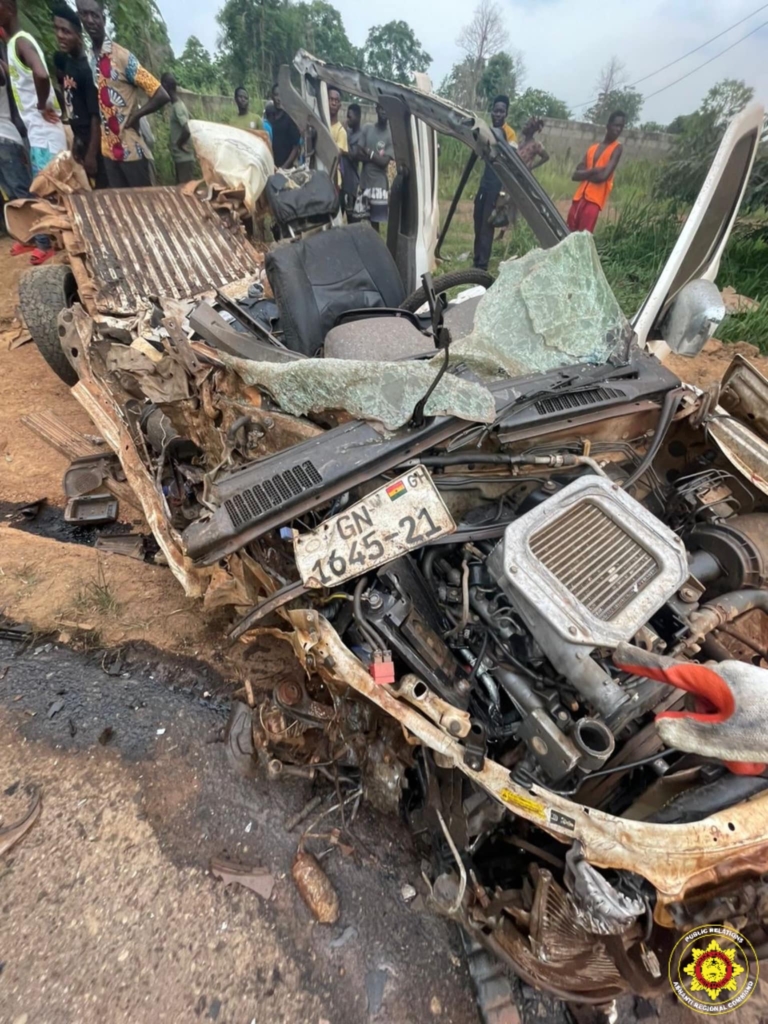
Privatization of ECG is not the solution – Elikplim Apetorgbor

Elikplim Kwabla Apetorgbor, has said that privatization of the Electricity Company of Ghana (ECG) is not the solution to the challenges of the company.
He explained that privatization of ECG may seem appealing, but it poses significant risks to equitable access, affordability, and service quality.
The call to privatize ECG, Ghana Grid Company Limited (GRIDCo), and the Volta River Authority (VRA) was made by the Asatsnehen Otumfuo Osei Tutu II.
The Asantehene, while justifying his call said that privatizing these institutions will make these institutions function as expected of them.
Speaking during the commissioning of a 430-kilometre natural gas pipeline by Genser Energy, in Kumasi on Wednesday, April 17, he said “It’s about time that the government realizes that it’s not going to work for the government to be involved in setting up companies without involving the private sector, it doesn’t work.
“The government should confront policies and involve the private sector and you can attract more investors into the country which will create more employment.
“VRA and others are all government establishments, let’s give it out and diversify them into the private sector and get more money there and get the right people to do it.
Elikplim Kwabla Apetorgbor said instead of pursuing privatization Ghana should focus on strengthening the governance structure of ECG and the sector as a whole (an all inclusive representation on the board of ECG), public ownership, regulatory oversight, and community engagement for responsible consumption( as a patriotic duty to pay for energy used), to achieve sustainable electricity provision.
Learning from past experiences and embracing innovative solutions, Ghana can overcome the challenges of energy delivery while fostering inclusive development for all its citizens.
He recommended that recommend maintaining public ownership of the Electricity Company of Ghana (ECG) amidst calls for privatization.
“Privatization may risk the accessibility, affordability, and stability of electricity services, crucial for national development.
“By retaining public ownership, we ensure accountability, equitable access, and strategic governance control over a vital national asset.
If the conditions that were given to PDS at the time can be made available to the current state of ECG, with a reformed board composition, there will turn around in 3 months.”
Below is his fullstatement…
Privatization of ECG Is Not the Solution: A Case for Sustainable Public Ownership
The Electricity Company of Ghana (ECG) has been a subject of debate regarding its privatization for years or otherwise.
Truth be told, privatization of ECG will not be the optimal solution and advocates for sustainable public ownership.
History in focus: Before the privatization of the Electricity Company of Ghana (ECG) to Power Distribution Services (PDS), ECG was honoring over 80 percent of the monthly invoices owed to Independent Power Producers (IPPs) and has kept our operations fluid.
However, following the privatization, a drastic shift occurred: ECG ceased receiving any revenue, leaving it unable to fulfill its financial commitments to the IPPs, and accumulated debt to over USD$1.8 billion at the time.
This, calls for the privatization of the ECG must be driven not by some imaginary ideal type organization that will overcome all of its challenges just because it is privatized.
As a country, we have gone that path many times in the past, but what has been the effect on those organizations ??
The debate over the privatization or otherwise of the ECG should take into consideration the following facts:1.
Water Privatization in Ghana: Previous attempts to privatize water utilities in Ghana led to service deterioration, tariff hikes, and public backlash, ultimately resulting in re-municipalization.
b.
Public-Private Partnerships (PPPs): Collaborative models that combine public ownership with private sector expertise can harness efficiency gains while safeguarding public interests.
5.
Long-Term Planning: Adopting a strategic approach to infrastructure development and service provision ensures sustainable electricity access for future generations.
Privatization of ECG may seem appealing, but it poses significant risks to equitable access, affordability, and service quality.
Instead of pursuing privatization, Ghana should focus on strengthening the governance structure of ECG and the sector as a whole (an all inclusive representation on the board of ECG), public ownership, regulatory oversight, and community engagement for responsible consumption( as a patriotic duty to pay for energy used), to achieve sustainable electricity provision.
Learning from the past experiences and embracing innovative solutions, Ghana can overcome the challenges of energy delivery while fostering inclusive development for all its citizens.
Recommendation to Maintain Public Ownership of ECG
Your Excellency,
I humbly recommend maintaining public ownership of the Electricity Company of Ghana (ECG) amidst calls for privatization.
Privatization may risk the accessibility, affordability, and stability of electricity services, crucial for national development.
By retaining public ownership, we ensure accountability, equitable access, and strategic governance control over a vital national asset.
This decision aligns with the commitment to serving the best interests of all citizens and safeguarding Ghana’s energy future.






